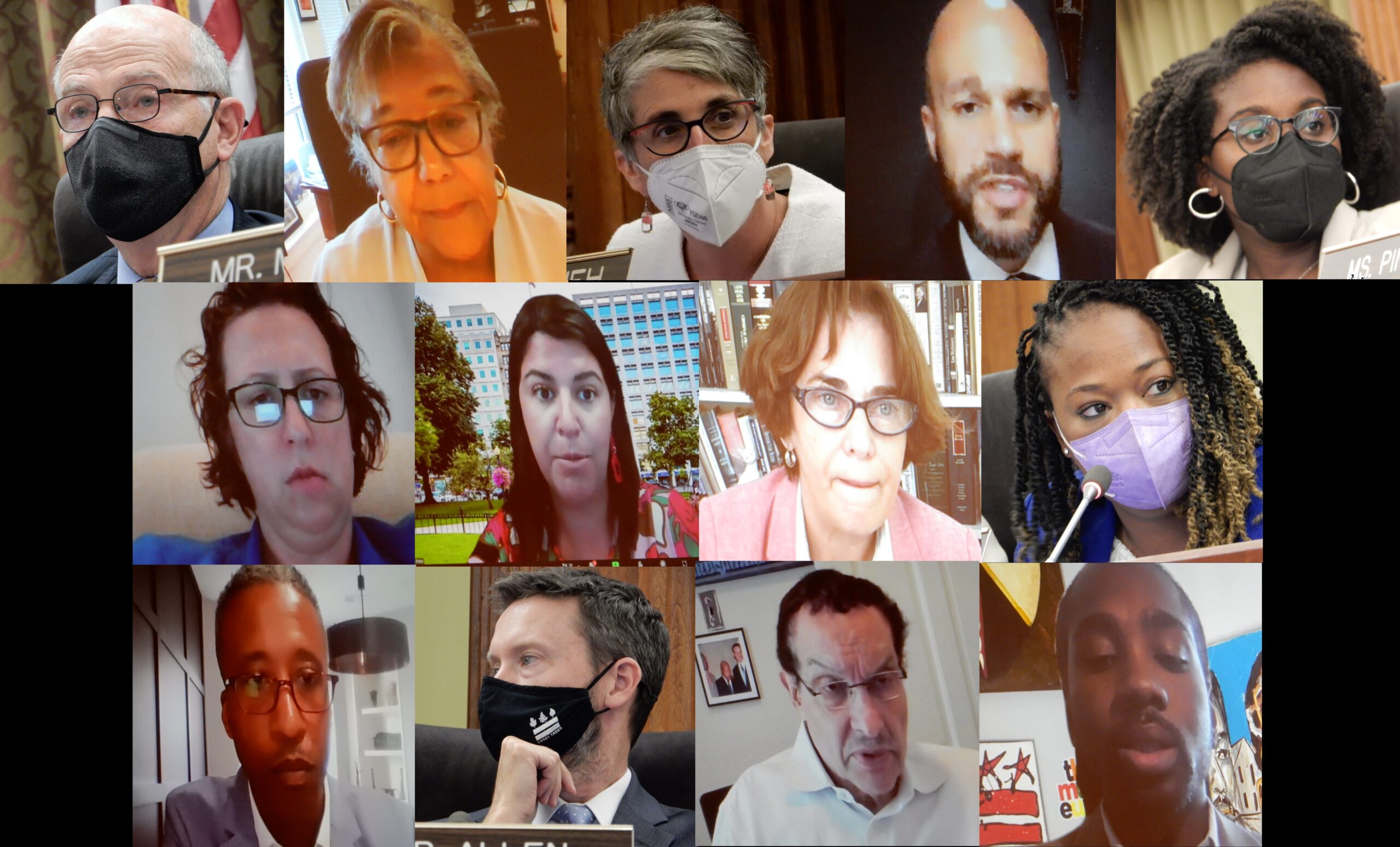Just Before Recess, Council Loosens Rules on Clean Hands, Postpones Decision on Sandbox

Sadly, the Council’s recess has nothing in common with the highlight of the average kid’s school day. While Legislative Meetings do not occur and legislation does not advance during recess, the work of the Council continues throughout the recess period. Importantly, though, the freedom it provides from the day-to-day intensity of the legislative and budget calendars does allow for deeper and less frenzied research, strategizing, and legislative brainstorming in the lead-up to the sprint that is the final few months of the current two-year Council Period.
Yet prior to the recess beginning on July 15, the Council as always wanted to maximize the quantity of legislation that advanced at the final pre-recess Legislative Meeting before pressing pause on the advancement of bills through the legislative process.
Drawing the most attention at the meeting was a reform of the District’s so-called Clean Hands bill. The goal of this longstanding legislation is to ensure that those individuals and businesses with more than $100 in outstanding obligations and unpaid bills to the District government cannot access certain government services and benefits until those bills have been paid and obligations have been met. While Clean Hands restrictions apply to large-scale elements of government operation such as grants, contracts, and construction permitting, they also come into play with a mundane but essential element of daily life: whether an individual can renew a driver’s license if they have unpaid parking tickets and/or moving violations.
The Council unanimously agreed that coupling the ability to pay to legal access to a critical life skill like driving is regressive and has negative equity impacts since it disproportionately affects people of color. After an extensive discussion of whether drivers with multiple and more severe unpaid tickets should be blocked from being able to renew their drivers’ licenses, the majority of the Council felt that the issues of safety and equity should be decoupled, and the urgent issue of traffic and pedestrian safety should be addressed directly in standalone legislation.
In other action at the most recent meeting, after extensive discussion, the Council decided to postpone consideration of a bill that would create a so-called regulatory “sandbox” within which financial services companies testing innovative products and services would be provided with temporary relief from certain District regulations. The bill was scheduled to receive the first of two necessary votes at the most recent Legislative Meeting, which meant that it would not have received its needed second vote until the fall in any case. As such, consideration of the bill was postponed so that questions from councilmembers, as well as the Attorney General, could be properly addressed.
In other action at the most recent meeting, a limited ban on non-compete agreements received its second and final vote by the Council. The Council passed a total ban on such agreements in 2020, but did not fund its enforcement at the time. With enforcement now funded, the Council scaled back the ban’s terms somewhat, limiting it to those earning under $150,000. Furthermore, a pre-existing ban on non-compete agreements at any wage level specifically in the broadcast industry was re-instituted, absent the broader bill’s wage cap.
Also addressed at the most recent meeting were measures to:
- require the Department of General Services to report on ongoing HVAC and security repair issues at all DC Public Schools, with a school-by-school plan to address them, before school starts in the fall
- require the DC Building Code to be updated by the end of 2026 to require net-zero carbon emissions on new and substantially renovated buildings
- facilitate access by performing arts venues to a pre-existing dedicated tax rebate
The Council will hold an Additional Legislative Meeting on September 20 and a Regular Legislative Meeting on October 4.